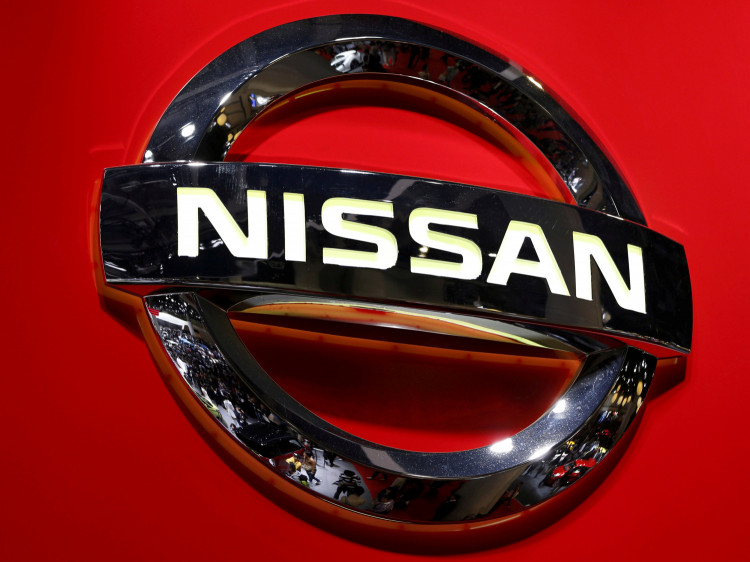Automotive Energy Supply Corp., Nissan Motor Co.'s battery maker for its Leaf vehicles, adds a new factory in China in its aim to triple its production capacity and attract more customers in the biggest market for an electric vehicle in the world.
The company started the construction of its factory in Wuxi in the eastern Jiangsu province in China this year. Zhang Lei, chief executive officer of Envision said that they are planning to produce an annual capacity of 20 gigawatt-hours that could run 400,000 electric cars per year.
The Chinese energy firm purchased a majority stake in the battery business from Nissan and it currently owns three facilities in Japan, the United States, and the United Kingdom. Its three factories have a combined output of 7.5 gigawatt-hours of batteries to be used in electric vehicles a year.
Zhang said during an interview in Shanghai on April 14 that China has no shortage of EV battery makers, but it lacks one with products that people will feel absolutely safe to take their families around in.
Recently, China imposed an ultimatum to produce more cars. The country announced that starting in January, the major manufacturers that operate in China including global giants and domestic players need to meet minimum requirements for producing new-energy vehicles. The ultimatum provides an equation that a sizable portion of their production or imports must be green in 2019 followed by an escalating goal.
China promotes the use of renewable-energy efficient batteries in its transportation sector. The country plans to sell 7 million new-renewable vehicles every year until 2025. Their new cars include pure-battery electric, hybrid plug-ins, and fuel cell vehicles. Auto industry giants like Tesla Inc., Volkswagen AG, and Daimler AG partners up with battery manufacturers like Contemporary Amperex Technology Co.Ltd. in securing battery supplies as they prepare to increase the production of the electric vehicles.
Yunshi Wang, the director of the China Center for Energy and Transportation at the University of California at Davis, said that the pressure is mounting. He added that it could be a model for other countries and it could be a game changer globally.
The ultimatum shows the drive of China to lead the way into an electrified future. It contradicts the decision of the United States President Donald Trump when he withdrew support for alternative fuels and as he pulls out of the Paris Agreement on Climate Change. China's move reduces the dependence if the countries on non-renewable energy source like oil and coal.





